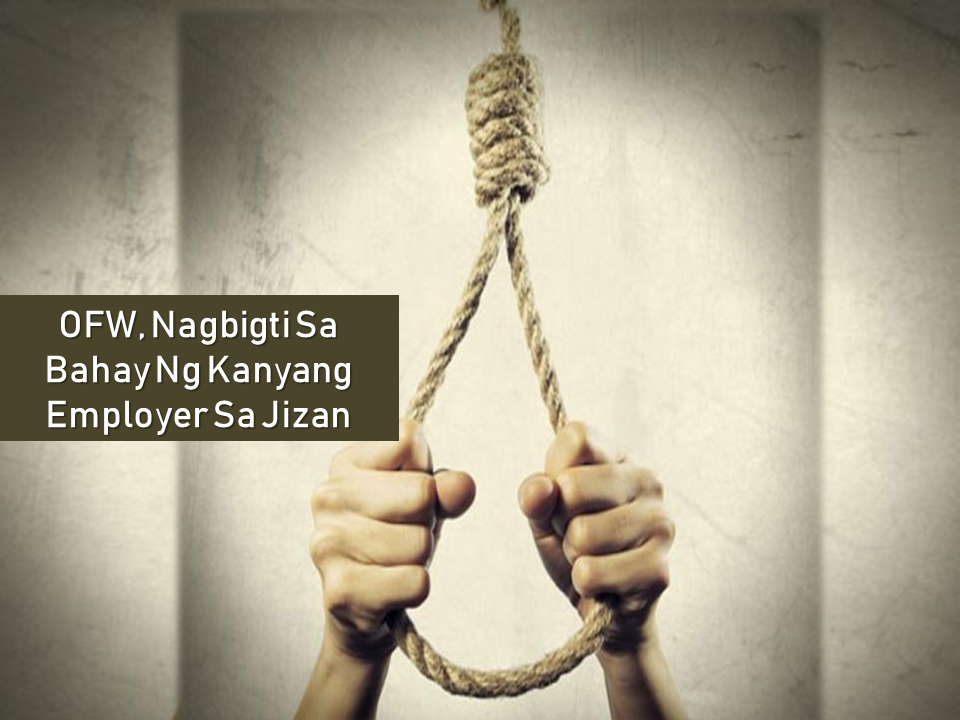The overseas Filipino workers (OFW) helps the economy by the remittances they send to their family which is spent on their daily needs making local commerce move. In spite of the help they give to the economy, OFWs are often vulnerable to abuse and maltreatment abroad especially those who are deployed as household service workers (HSW). Due to lack or very little knowledge about their rights, many OFWs needs equipping and protection.
Recently, two pro-OFW bills were already approved in the House Of Representatives: HB 8110 and HB 1700 which aims to empower and protect the OFWs.
Recently, two pro-OFW bills were already approved in the House Of Representatives: HB 8110 and HB 1700 which aims to empower and protect the OFWs.
Ads
Sponsored Links
In a statement by Bagong Henerasyon Party-list Rep. Bernadette Herrera-Dy, she said that the Congress approved House Bill (HB) No. 8110, which proposes a standard handbook on the rights and responsibilities of OFWs, and House Bill 1700, granting OFWs the right to equal protection on money claims.

Under HB 8110, the Philippine Overseas Employment Administration (POEA) is mandated to develop, publish, disseminate, and update a handbook on the rights and responsibilities of migrant workers.
They shall also be the lead agency in implementing an intensified program against illegal recruitment activities.
The bill also provides that the handbook shall be written in words that can be easily understood, with translation in the local language as may be necessary.
On the other hand, HB 1700 is seeking to amend Republic Act No. 8042, or the “Migrant Workers and Filipino Migrants Act of 1995”, by removing the clause "or for three months for every year of the unexpired term whichever is less" found on the fifth paragraph of Section 10 of the law which refers to money claims for the unexpired portion of a migrant worker's contract.
Under the measure, a worker shall be entitled to the full reimbursement of his placement fee and deduction made with interest at 12% per annum in case of termination of overseas employment without just, valid or authorized cause as defined by law or contract, or any unauthorized deduction from the migrant worker’s salary.
Filed under the category of overseas Filipino workers, remittances, economy, abuse, maltreatment, household service workers, HB 8110, HB 1700, House Of Representatives, OFW, HSW

Ads
©2018 THOUGHTSKOTO






















